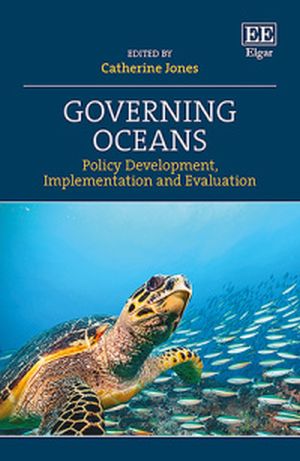
This perceptive book evaluates the effectiveness of current ocean governance as it aims to respond to the threats of increased sea temperatures, salination, biodiversity loss, overfishing, and exploitation of ocean resources. Contributors pose the key question: what type of political space are the oceans and is it possible to create, implement and assess an international framework which enables the oceans to be governed?
Recognising that the oceans are consistently underexplored in international relations, Governing Oceans adopts a unique interdisciplinary approach, bringing together experts in the fields of political sciences, heritage management, marine policy and coastal ecosystems who identify current challenges and good practices, and develop pragmatic suggestions for improvement. Chapters cover opportunities for improved governance of fisheries, underwater cultural heritage as a forgotten discipline, multi-level cooperation and the agency of IOC-UNESCO in shaping marine spatial planning. Embracing innovative approaches to spatial mapping policies and identifying patterns of cooperation, Governing Oceans provides a blueprint for improving the management of the seas.
Combining comprehensive theory and practical case studies, this book will be an insightful read for students, academics and researchers working in sustainable development, development studies, environmental economics, environmental and international law, and geopolitics. It will also be a highly informative read for governance practitioners and professionals working in the marine cultural heritage, ocean geography and international relations sectors.